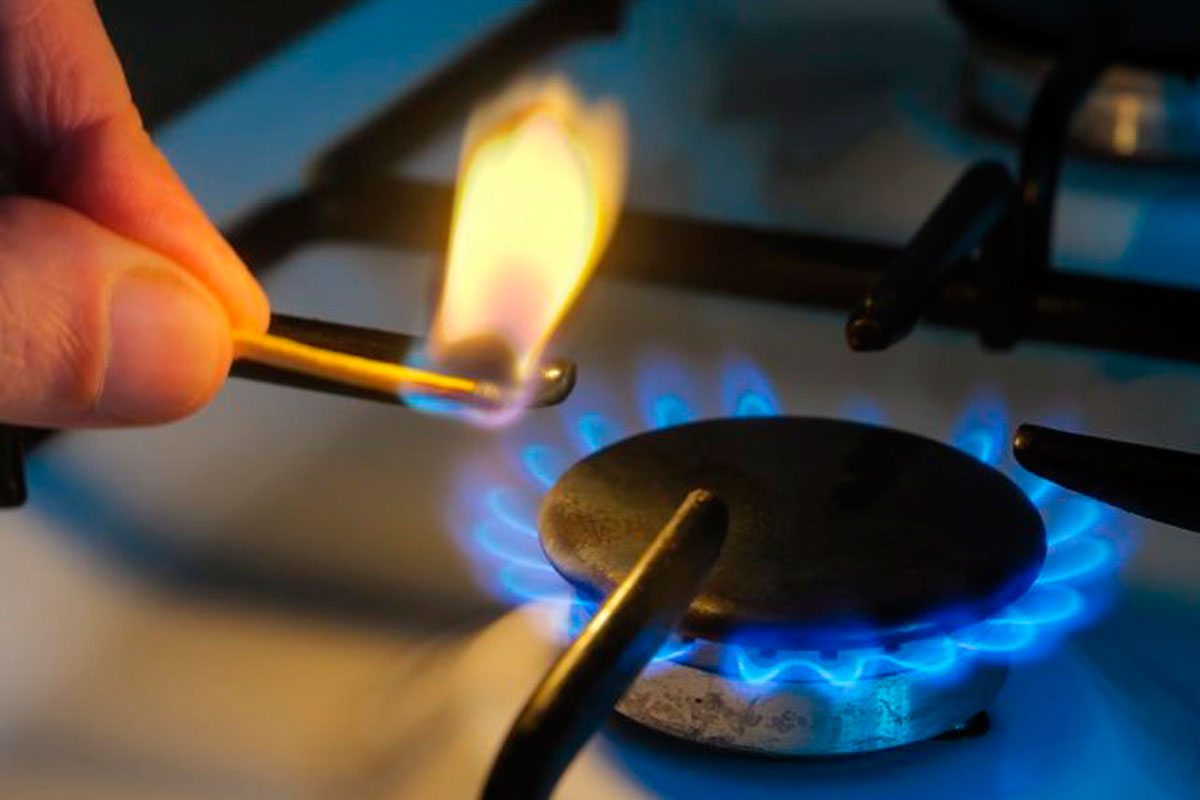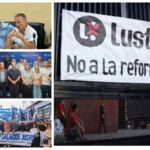
In May, new increases agreed between privatized companies and the Government of Milei are coming, a blow to the workers’ pocket. Thus, the basket of public services consumption increases in the fifth month of the year a forceful 16.8%, 6 times more than inflation forecast by the REM of the BCRA for May.
This is indicated by a study of the Rate and Subsidies Observatory of the Interdisciplinary Institute of Political Economy (IIEP) dependent on the UBA-Conicet, which calculated a basket of $ 166,559 for May. That would be the average spending of an house in transport, water, light and gas. The amount implies 54% of a minimum, vital and mobile salary (SMVM) for the month of May. By law the SMVM should ensure “adequate food, dignified housing, education, costumes, health care, transport, recreation, vacations and pension coverage”, and “should be adjusted periodically according to the variations in the cost of living”. Of course, there is the government’s breach to the law that supports the minimum remuneration for workers.
However, for privatized services of services, politics is another. According to the IIEP, the increase in the gas ticket since Milei assumed was 1181%, from December 2023 to May 2025. While the increase in the SMVM was only 97.5%. Winners and losers of an economic model at the service of large capital.
The blow to the workers’ pocket with the May tariff increase is explained by tariff increases added to the rise in the amounts consumed of electricity and the increase in the seasonal consumption of natural gas with the arrival of the cold.
Between December 2023 and May, 2025, the AMBA public services basket jumped 500%, while the general price level increased 149% in that period (with the last estimate of inflation for May of the market expectations of the market that publishes the BCRA).
Pass the winter in the Milei era
In the previous winter, with the first cold days in the metropolitan area of Buenos Aires, natural gas rose 51.5% in May compared to the previous month, while electricity increased by 28.9%, water, 4.4% and transport, 3.4%. The increase in cold consumption is not considered by the Government as a necessary repair, but leaves it in charge of each one, a save who can.
In addition, the Milei government intervened to replay users and recategorize them by removing coverage subsidies and increasing their final invoice. Thus, a previous report of the IIEP realized that between July 2024 and April 2025 it resulted in the recategorization of 2.1 million low -income N2 users. “It is estimated that around 83% of these homes were registered as N 1 of high income. In the AMBA it translates into that 608,000 homes went from being considered N2 to be registered as N1 while 122,000 homes N 2 were categorized as N3 (average income) in the year 2025,” explains the report.
This change in the composition of the Access to Energy Subsidies (RASE) has important implications in the average coverage of the costs that reached 56% and, therefore, a significant reduction in the transfers of the State with respect to the payment of energy subsidies, 78% year -on -year in May. The chainsaw to households at the request of the IMF.
A democratic, economic and sustainable energy plan
As the left states, the integral nationalization of the entire energy industry under the management of their workers, professionals and experts from public universities, and communities affected in the different territories is necessary. It would be a first step to rationally plan a truly fair energy transition, from below, that invests the priorities of the profits of a few millionaires over the needs of the majorities.
This measure would allow democratically deciding which energy generation sources will be used. Centralized planning in a unique state company, and obtaining financing, not finishing public goods and companies, but through the non -payment of external debt, the removal of subsidies to oil – energy and the nationalization of the banking system, must be combined with the decentralized deliberation in each region. Thus, the convenience, in each case, to use different generation sources, taking advantage of the climatic conditions of each area, and rationally planning the use of common natural goods necessary for the use of intermittent renewable sources in its generation. As a whole, ending the waste and energy subsidies to the great capitalists, imposing energy efficiency measures in the industries, doing an economic and sustainable service.
Source: www.laizquierdadiario.com

